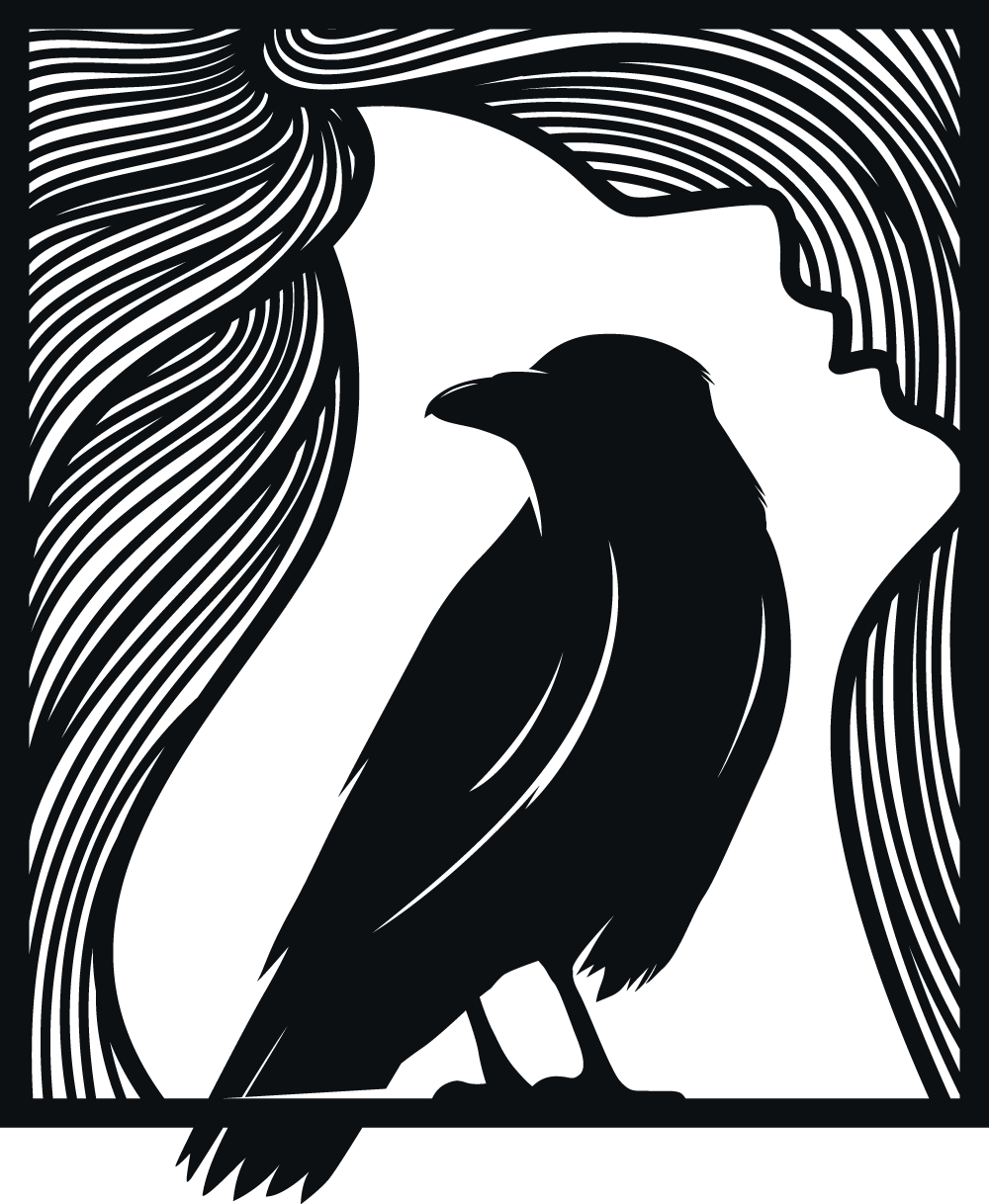
Polytheism - the belief in many gods
Paganism and Wicca are not, like Christianity, limited to one god. Before the rise of Christianity, everyone was a pagan, if you use the literal meaning of the word. The word pagan comes from the Latin word paganus, a term first used in the fourth century by early Christians for people of the Roman Empire who practiced polytheism (the belief in multiple deities / gods) instead of monotheism (the belief in a single god), like the Christians. Before Christianity, the view on the world was different. Polytheism was the typical form of religion, practiced in for instance Taoism, Chinese folk religion, most African religions, and in most of Europe.
Gods and pantheons
Nature plays an essential role in paganism. In the old days, people lived closer to nature, because for their survival they were dependent on nature. A failed crop, or a long period without rain had a big impact on the community. It still has, but we don’t notice it as much as a small village did then. In paganism, gods and goddesses are quite closely connected to people and their needs of the moment they live in. The deities of paganism are complex personages of greater or lesser status, with individual skills, needs, desires, and history. In many ways similar to humans in their behavior, but with extra powers, abilities, and knowledge. If people needed something (sun, love, crop, magic, justice, healing) they prayed / sacrificed to the god that could influence that aspect of their life. All these different needs are connected to one / multiple gods. Gods are divided into a pantheon - a collection of all the gods of a group of people from a certain area, I am personal working with gods and goddesses from a few different pantheons being the following: (click on the link for more information)
Other Pantheons
Besides the ones i work with i have to mention that there are alot more pantheons from all over the world, some pantheons overlap and some gods you can find in multiple pantheons like the Greek and the Roman pantheons are closely connected cause the Romans adopted many aspects of the greek pantheons, like Jupiter and Zeus, Venus and Aphrodite, Neptune and Poseidon: Other pantheons are for example
- Roman Pantheon
- Finnish Pantheon
- Native American Pantheons
- Polynesian Pantheon
- African Pantheons
- Chinese Pantheon
- Slavic Pantheon
- Hindu Pantheon
Working with deities
Being on a pagan path for quite a while already, I worked with different pantheons. I am very drawn to the Egyptian gods, the celtic gods and to the Norse gods. The Norse and celtic gods played a role in the land I currently live on, the Egyptian gods hold more wisdom and a longer history all around the world. To figure out what god or goddess is fitting for you (at the current moment, because we all change in our lifetime, and luckily for us, being a pagan, you are not limited to only one!) To figure out what fits you, you can think of a few questions:
- What do I want to reach
- What do I want to improve in
- Why do you want to work with a god or goddess
In Pagan traditions, you have multiple ways of working with the god, you can choose to worship the god of your choice and ask him / her to give you power or knowledge for insight in a situation or a part of yourself that you would like to improve. One person's relation with, for instance, Isis, can be completely different from another person's. Working with a deity can enrich your experience of the craft. You can have communication with the goddess of your choice in meditation or you can give him / her offerings for a better life. I personally can recommend a god or goddess that fits you, which one attracts you, where do you feel a connection and why. Read everything you can find and meditate if he or she is the right choice for you. Maybe you see signs. I am personally always attracted to crows / magpies / cats and jackdaws. But that can mean multiple things. For instance, a connection with Morrigan, Bastet, or Freya. And that can also be variable. This year I got covered in hares, while I hardly saw a hare before in my life, does it hold a message? For me it does. Can I point to working to a god? That is something you have to figure out. Listen to your gut and follow your intuition. It is one of the most important things about being a witch. And yes, you can outgrow a connection with a certain deity. Like every relationship, it requires work from both sides. When you take the time to listen and appreciate the help you are getting, they will return the favor.
Choosing your pantheon
You don’t need to choose just one pantheon to work with; you can connect with and work with gods from different pantheons depending on what resonates with you. This can shift over time and be influenced by what is happening in your life. Among the various pantheons, I have explored and worked with gods that called to me or aligned with certain aspects I was focusing on. At this moment, I work most closely with Nehalennia, but last year, it was Freya, and I still connect with her.
There are no limits, except for the ones you place on yourself. What’s important is to approach this work with respect and deepen your understanding of the gods you’re engaging with. Some gods will call to you, while others you might choose to work with based on their attributes and what they represent. Be free in your spiritual practice; we don’t adhere to dogmatic beliefs.

